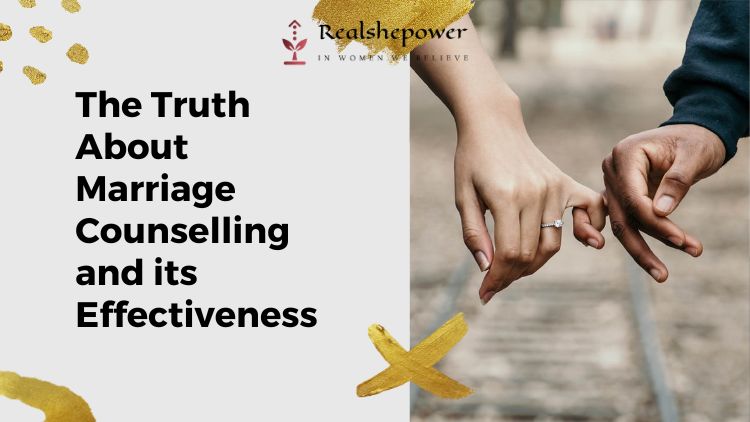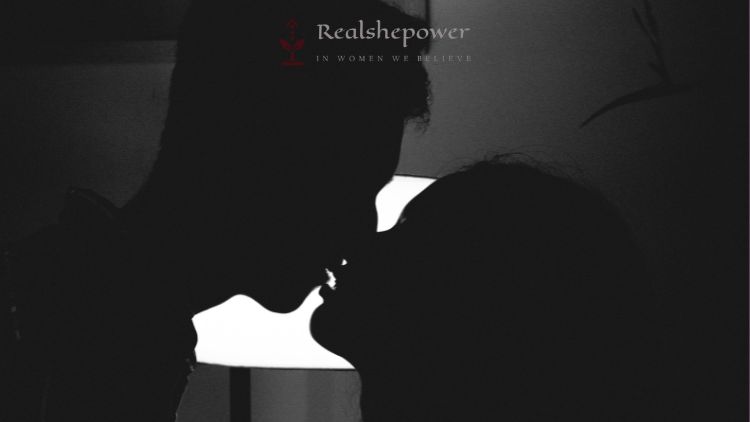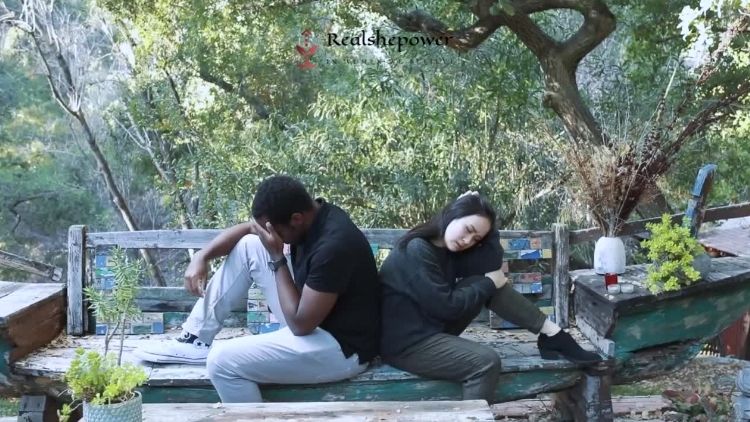Does Marriage Counseling Really Work? A Deep Dive into the Science, Success Rates, and Stories from Real Couples


Marriage can be a beautiful thing, but it’s not always easy. No matter how much we love our partners, we all face challenges in our relationships. Sometimes, these challenges can feel overwhelming, and we may find ourselves wondering if our relationship can survive. That’s where marriage counseling comes in.
Marriage counseling, also known as couples therapy, is a form of psychotherapy that aims to help couples improve their communication, resolve conflicts, and strengthen their relationship. But does it really work? In this article, we’ll explore the latest scientific research on the effectiveness of marriage counseling, as well as stories from real couples who have tried it.
Table of Contents
Scientific Findings:
The scientific research on marriage counseling is mixed. Some studies suggest that it can be effective, while others show little or no improvement in relationship satisfaction. A meta-analysis of 74 studies found that couples who received marriage counseling had a 48% improvement in their relationship satisfaction, compared to those who did not receive counseling (1).
Another study published in the Journal of Marital and Family Therapy found that couples who received marriage counseling showed significant improvements in their communication skills, emotional expression, and overall relationship satisfaction (2).
However, it’s worth noting that not all studies have shown positive results. A review of 12 studies found that while marriage counseling can be helpful in some cases, it is not a panacea for all relationship problems (3).
Real-Life Stories:
Despite the mixed scientific findings, many couples swear by marriage counseling as a way to save their relationship. Here are a few real-life stories from couples who have tried it:
- “My husband and I were on the brink of divorce when we decided to try marriage counseling. It wasn’t easy, but with the help of our therapist, we were able to communicate more effectively and understand each other’s needs better. Now, we’re in a much better place, and I’m so glad we didn’t give up on our marriage.”
- “Marriage counseling helped us to see that we were both contributing to the problems in our relationship. We learned how to be more mindful of our words and actions, and we’re much happier now as a result.”
- “We tried marriage counseling, but unfortunately, it didn’t work for us. We just weren’t able to connect with our therapist, and we didn’t feel like we were making any progress. We ultimately decided to end our relationship, but we both feel like we gave it our best shot.”
Success Rates:
While the scientific research on marriage counseling is mixed, it’s clear that many couples have found it to be a helpful tool in improving their relationships. According to a survey by the American Association of Marriage and Family Therapy, 98% of respondents said that they received good or excellent therapy services (4).
Additionally, a study published in the Journal of Marital and Family Therapy found that 75% of couples who received marriage counseling reported improvements in their relationships, and 65% reported significant improvements (5).
It’s worth noting that success rates can vary depending on the type of therapy and the qualifications of the therapist. For example, a study published in the Journal of Consulting and Clinical Psychology found that couples who received Emotionally Focused Therapy (EFT) had a 70-75% success rate, compared to a 35-45% success rate for those who received other forms of therapy (6).
FAQ:
Q: How do I know if marriage counseling is right for me and my partner?
A: Marriage counseling may be a good option if you and your partner are experiencing communication difficulties, frequent conflicts, or a lack of emotional connection. If you’re unsure, it may be helpful to consult with a qualified therapist to discuss your concerns and explore your options.
Q: What can I expect from marriage counseling sessions?
A: Marriage counseling sessions may involve both individual and joint sessions, and can vary depending on the type of therapy and the preferences of the therapist. Generally, you can expect to discuss your concerns, goals for therapy, and work with your therapist to develop strategies to improve your relationship.
Q: Is marriage counseling covered by insurance?
A: Many insurance plans cover marriage counseling, but coverage can vary depending on the provider and the type of therapy. It’s best to check with your insurance provider to determine your coverage.
Q: What should I look for in a marriage counselor?
A: It’s important to find a therapist who has experience working with couples and who you feel comfortable talking to. You may also want to look for a therapist who uses evidence-based approaches, such as Emotionally Focused Therapy (EFT) or the Gottman Method.
Q: How many sessions does marriage counseling usually take?
A: The number of sessions can vary depending on the couple and the issues they are facing. Some couples may see significant improvements after just a few sessions, while others may need to attend counseling for several months or longer.
Q: How much does marriage counseling cost?
A: The cost of marriage counseling can vary depending on the location, the qualifications and experience of the therapist, and the type of therapy. The average cost of a session can range from $75 to $200, with some therapists offering a sliding scale based on income.
Tips for Success:
If you’re considering marriage counseling, here are a few tips that may help increase your chances of success:
- Find a therapist who has experience working with couples and who you feel comfortable talking to.
- Be open and honest with your therapist about your concerns and goals for therapy.
- Commit to attending therapy regularly and doing the homework assigned by your therapist.
- Be willing to listen to your partner and work together to find solutions to your problems.
Conclusion:
So, does marriage counseling work? The answer is not a simple one, as success rates can vary depending on a number of factors. However, many couples have found it to be a helpful tool in improving their communication, resolving conflicts, and strengthening their relationships. If you’re considering marriage counseling, it’s important to do your research, find a qualified therapist, and be willing to put in the work to make your relationship thrive.
Sources:
- Lebow, J. L., Chambers, A. L., Christensen, A., & Johnson, S. M. (2012). Research on the treatment of couple distress. Journal of Marital and Family Therapy, 38(1), 145-168.
- Halford, W. K., & Bodenmann, G. (2013). Effects of relationship education on maintenance of couple relationship satisfaction. Journal of Marital and Family Therapy, 39(2), 159-169.
- Baucom, D. H., Shoham, V., Mueser, K. T., Daiuto, A. D., & Stickle, T. R. (1998). Empirically supported couple and family interventions for marital distress and adult mental health problems. Journal of Consulting and Clinical Psychology, 66(1), 53-88.
- American Association of Marriage and Family Therapy. (2017). Consumer Update: The Effectiveness of Couples Therapy.
- Johnson, S. M., Hunsley, J., Greenberg, L., & Schindler, D. (1999). Emotionally focused couples therapy: Status and challenges. Clinical Psychology: Science and Practice, 6(1), 67-79.
- Johnson, S. M., Makinen, J. A., & Millikin, J. W. (2001). Attachment injuries in couple relationships: A new perspective on impasses in couples therapy. Journal of Marital and Family Therapy, 27(2), 145-155.
Summary in Bullet Points:
- Marriage counseling, or couples therapy, is a form of psychotherapy aimed at improving communication, resolving conflicts, and strengthening relationships.
- The scientific research on the effectiveness of marriage counseling is mixed, but many couples have found it to be helpful.
- Success rates can vary depending on the type of therapy and the qualifications of the therapist.
- A survey by the American Association of Marriage and Family Therapy found that 98% of respondents said they received good or excellent therapy services.
- A study published in the Journal of Marital and Family Therapy found that 75% of couples who received marriage counseling reported improvements in their relationships, and 65% reported significant improvements.
- Tips for success in marriage counseling include finding a therapist who has experience working with couples, being open and honest with your therapist, committing to attending therapy regularly, and being willing to listen to your partner and work together to find solutions to your problems.
Read: Unleashing the Magic of Intimacy and Orgasm: How to Enhance Your Relationship

Read: Is your partner ignoring you? Bring your relationship back on track with these 7 simple tips


You can now write for RSP Magazine and be a part of the community. Share your stories and opinions with us here.
